Episode 20. Muriel Smith (Black History Month I)
SOCIAL SHARE
SUBSCRIPTION PLATFORM
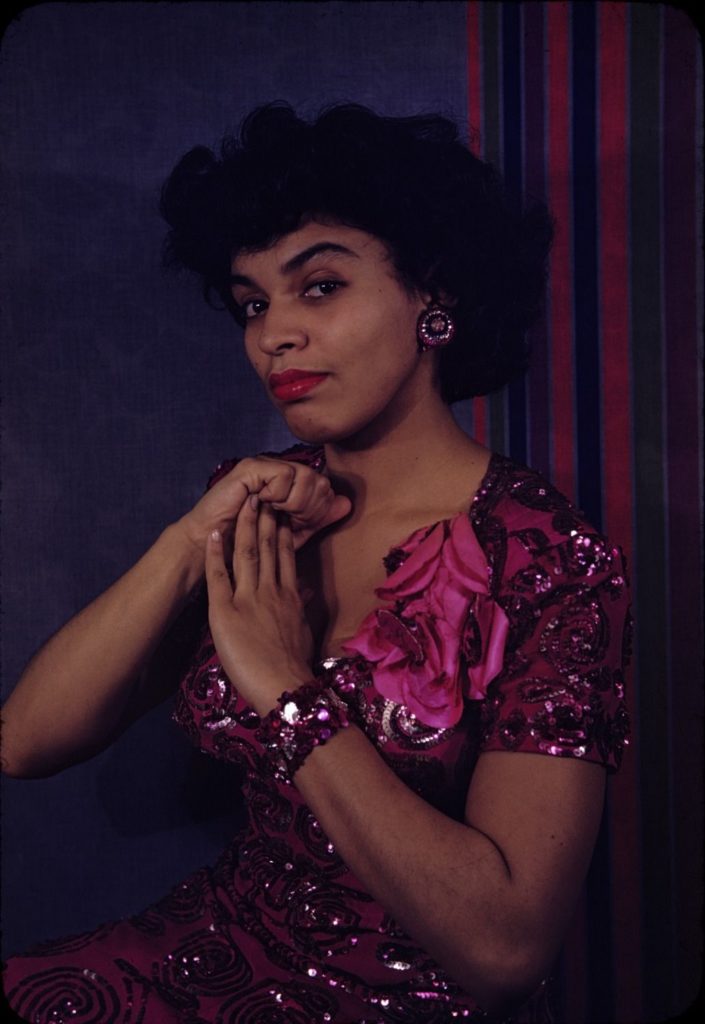
This week kicks off my series of Black History Month episodes, in which I pay homage to some less well-remembered African American singers who nonetheless made an enormous impact in the world of music. This week I am honored to bring to you the great mezzo-soprano Muriel Smith (1923-1985) who, among other important contributions, premiered the title role of Carmen Jones on Broadway in 1943. We examine her work in musicals and films as well as pop music and opera. Her eclecticism, her ability to color her voice in a way uniquely suited to the wide range of roles she undertook, as well as her deep connection to text and expression, mark her as an artist of the highest caliber. Featured is a rare 1955 Philips recording of spirituals represents Muriel Smith at her artistic and interpretive peak.
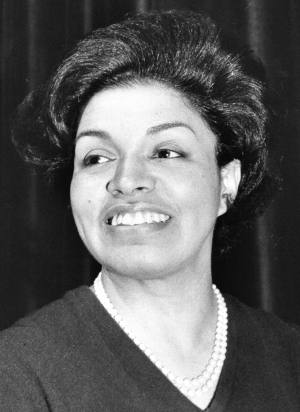
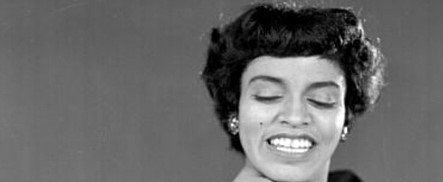
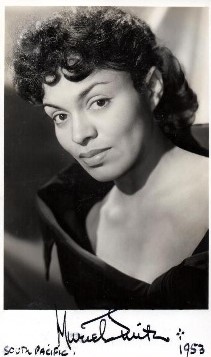
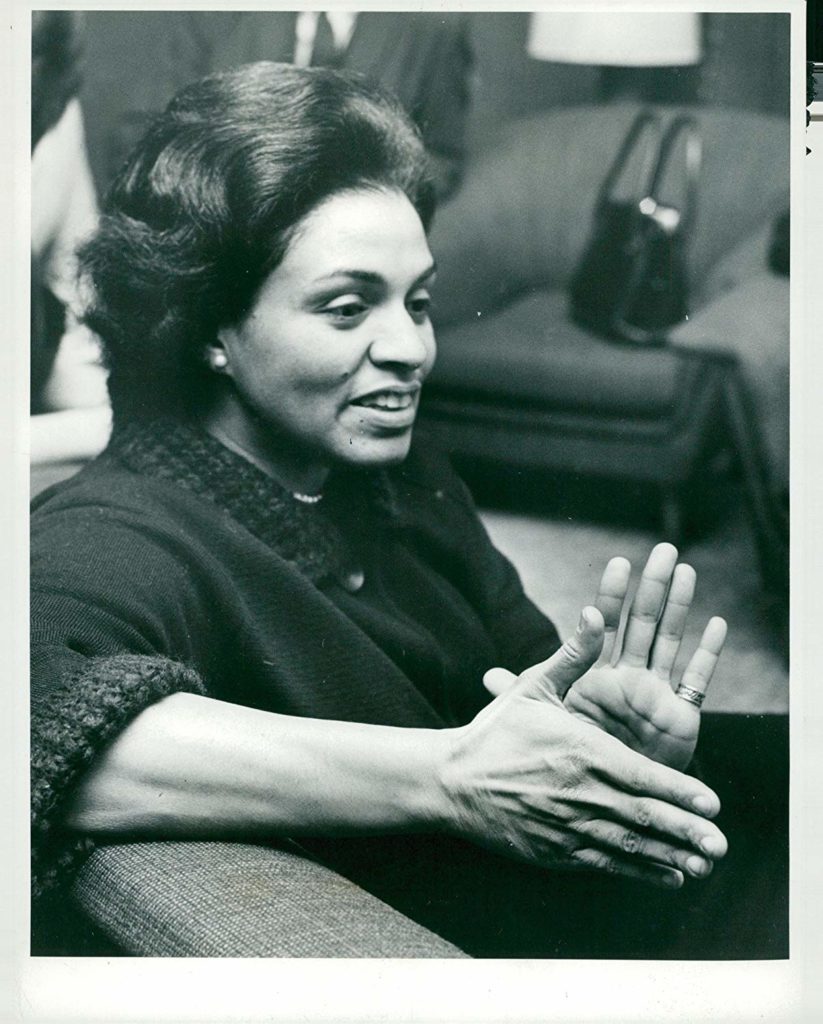
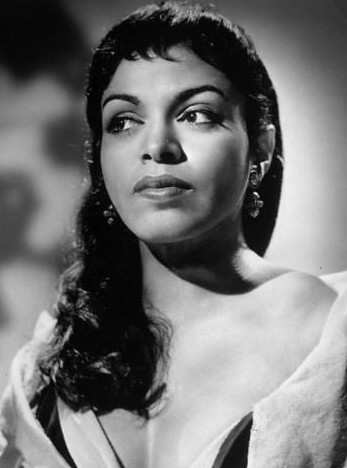
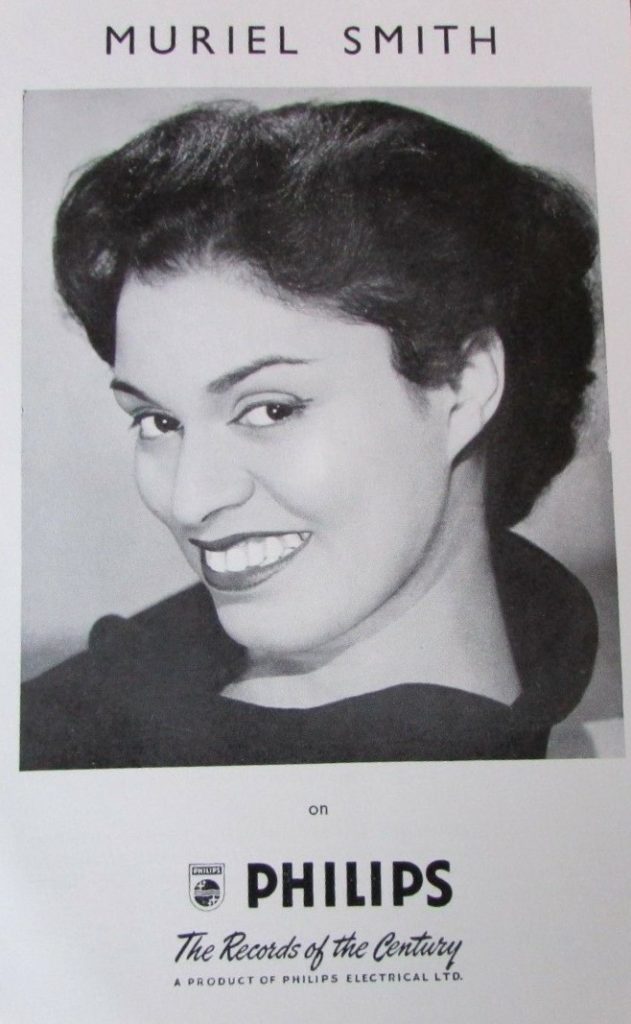
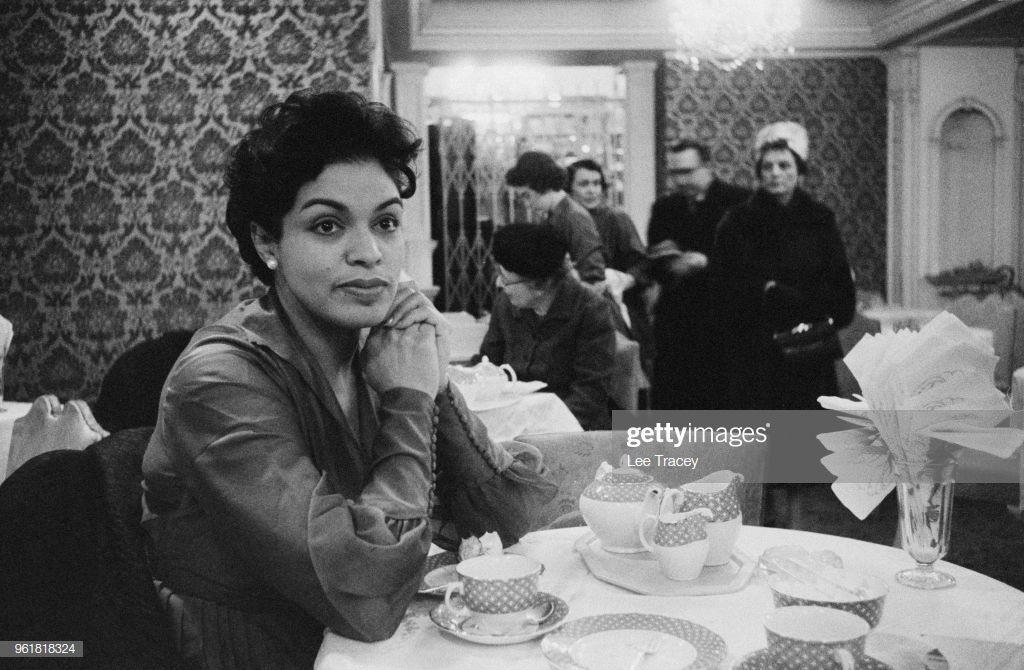
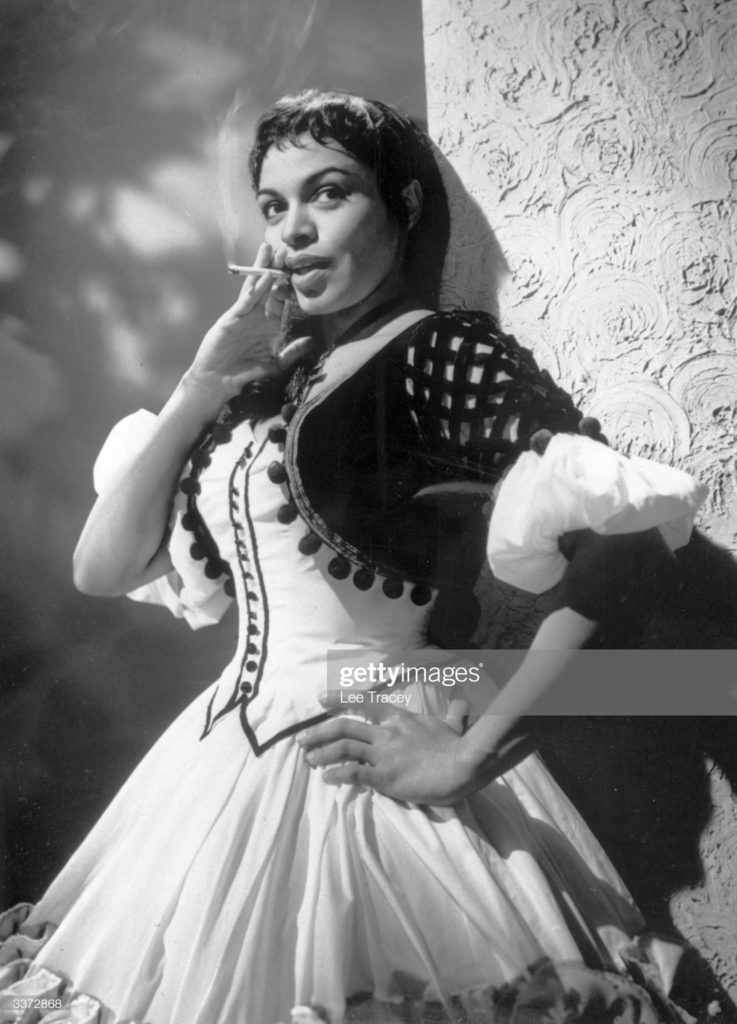
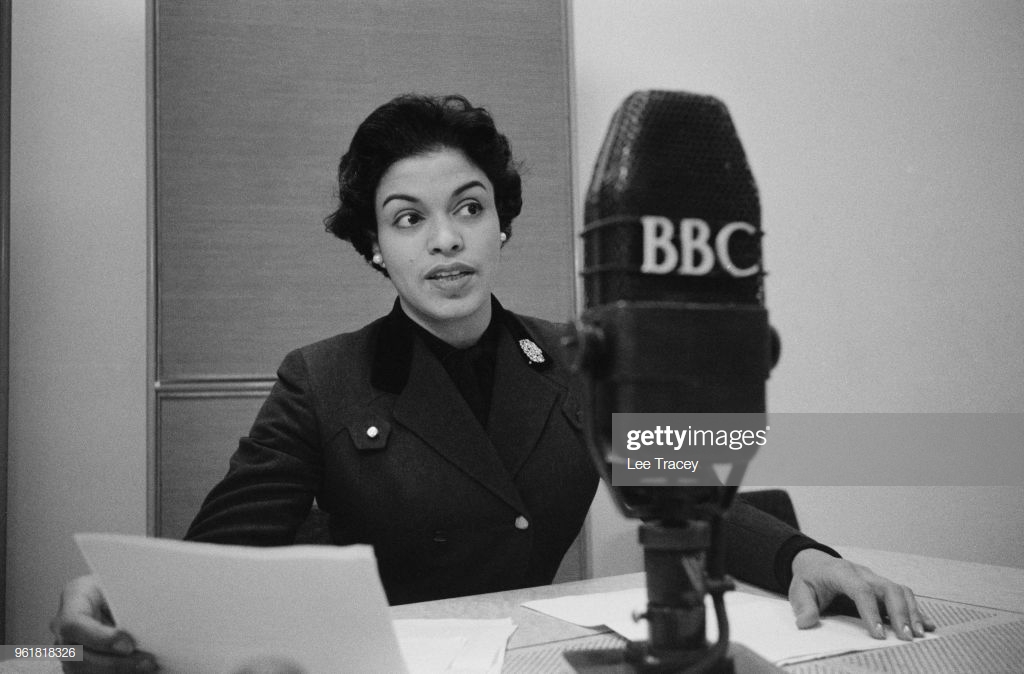
RECORDINGS HEARD IN THIS EPISODE
ALL SPIRITUALS ARE FROM THE ALBUM NEGRO SPIRITUALS (Philips Records NBE 11007 / 425 003 NE, 1955) featuring Muriel Smith accompanied by Daniel Kelly. Cover photo by Lotte Meitner Graf.
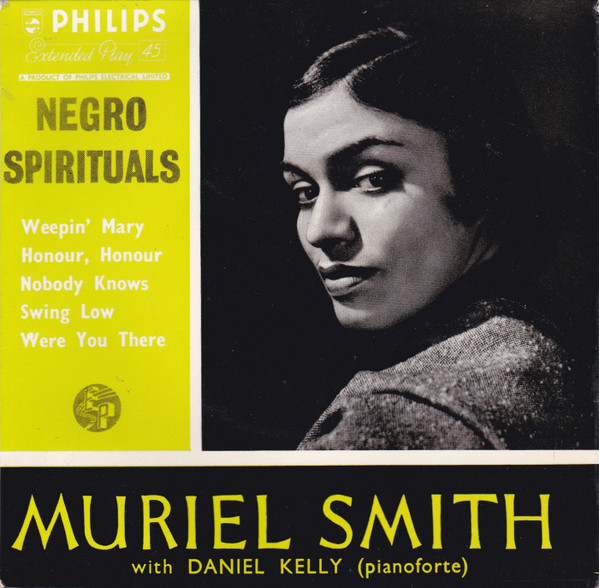
Traditional, arr. Harry Burleigh: Were You There When They Crucified My Lord. Muriel Smith (unaccompanied).
All Carmen Jones material is from the Ford Theater radio broadcast of 16 November 1947. According to the credits at the end of the episode, “Carmen Jones was adapted for radio by George Zachary, edited by Howard Cyclen (sp?), with continuity by George Foster. The music was adapted and conducted by Lynn Murray and the entire production was under the direction of George Zachary.”
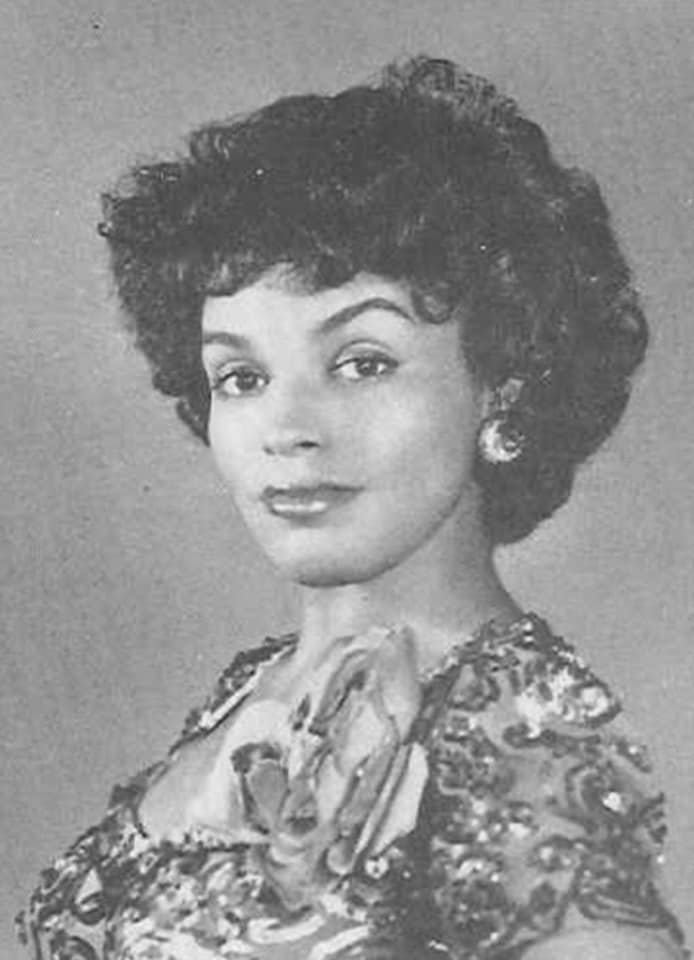
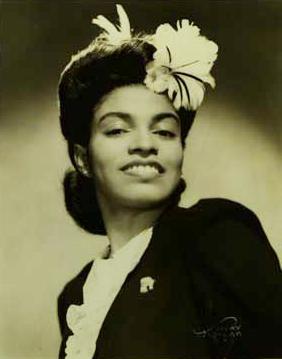
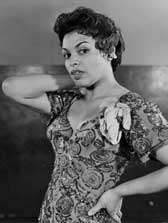
Georges Bizet, Oscar Hammerstein II: Dat’s Love (Carmen Jones).
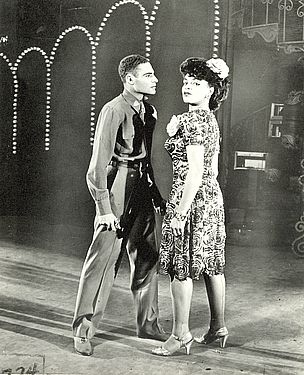
Georges Bizet, Oscar Hammerstein II: There’s a Cafe on the Corner (Carmen Jones). With Luther Saxon as Joe.
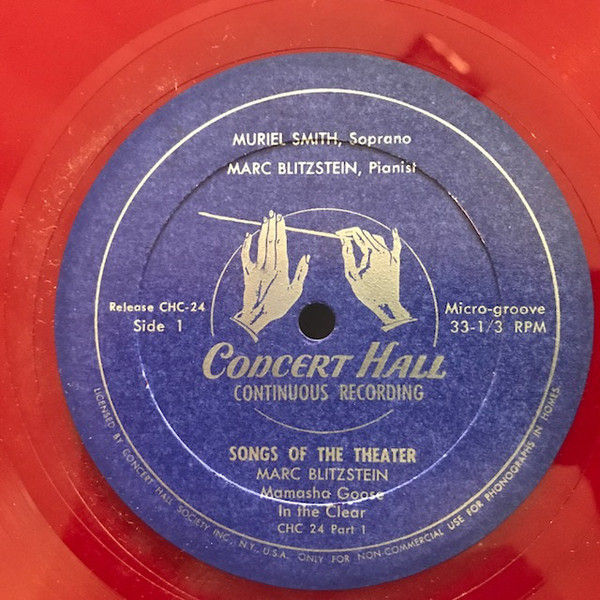
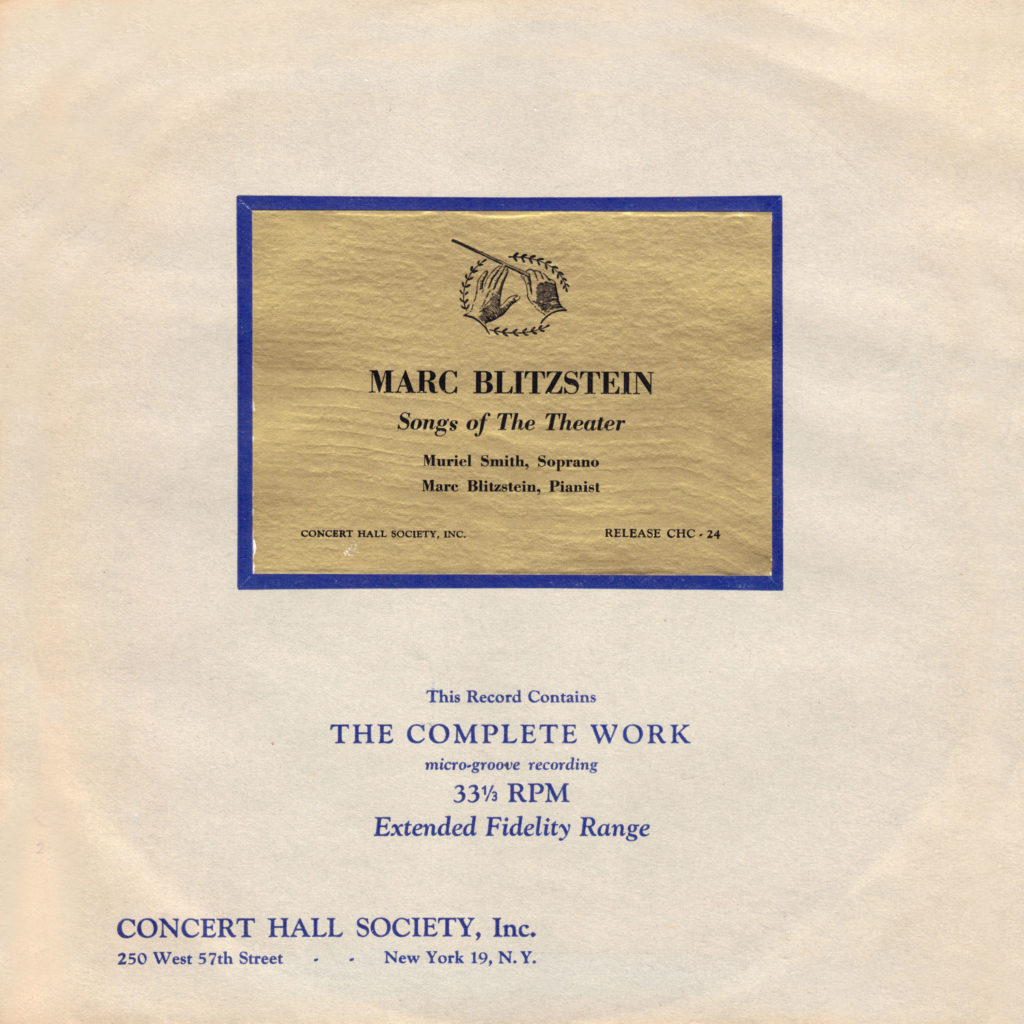
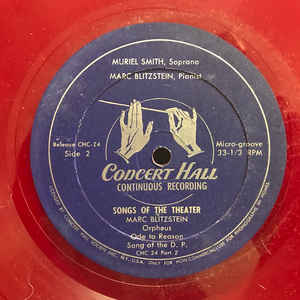
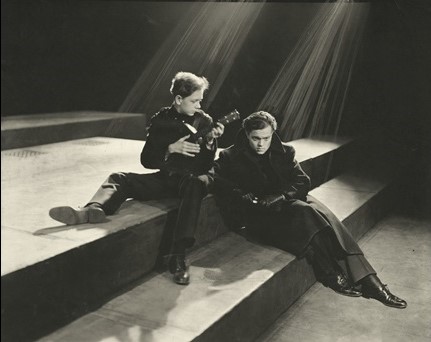
in the Mercury Theater production of Julius Caesar (1937).
Marc Blitzstein: Orpheus. Muriel Smith, mezzo-soprano; Marc Blitzstein, piano. Concert Hall Records CHC-24. At the time I recorded the podcast, I was unaware of how this song had been used in the theater. I have since discovered the following: it was written for Orson Welles’ Mercury Theater 1937 production of Julius Caesar and was originally sung by boy actor Arthur Anderson.
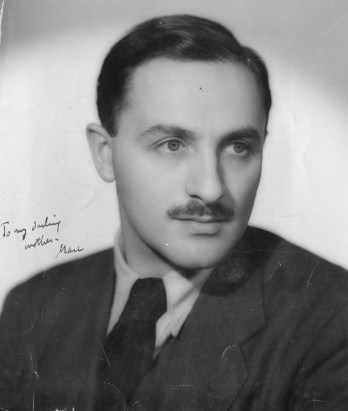
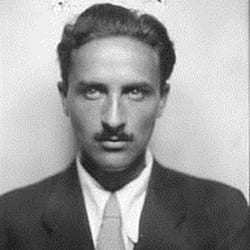
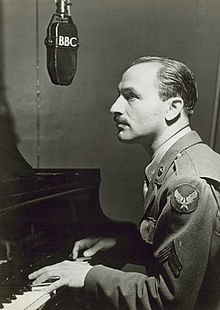
Marc Blitzstein: Displaced (Song of The D.P.). Muriel Smith, mezzo-soprano; Marc Blitzstein, piano. Concert Hall Records CHC-24. This song is from the unproduced 1945 musical Goloopchik. Howard Pollack, in his 2012 book Marc Blitzstein: His Life, His Work, His World, writes, “[a]ccording to the liner notes to Blitzstein’s recording with Muriel Smith, the number, which was ‘inspired by some of the composer’s experiences in the Army,’ represents ‘the song of a displaced woman, seized by the Nazis, who has been repatriated to Russia.’ Cast in two brief choruses, the singer recalls the destruction of her home and then her experience in a labor camp, concluding with the plea, ‘Make me find the joy of work again,’ a seeming allusion to the cynical Nazi slogan ‘Arbeit macht frei’ (‘Work Makes You Free’).” Pollack further states that the song “imparts a pathos strongly reminiscent of Musorgsky.”
Richard Rodgers, Oscar Hammerstein II: Bali Hai (South Pacific). Original London Cast recording.
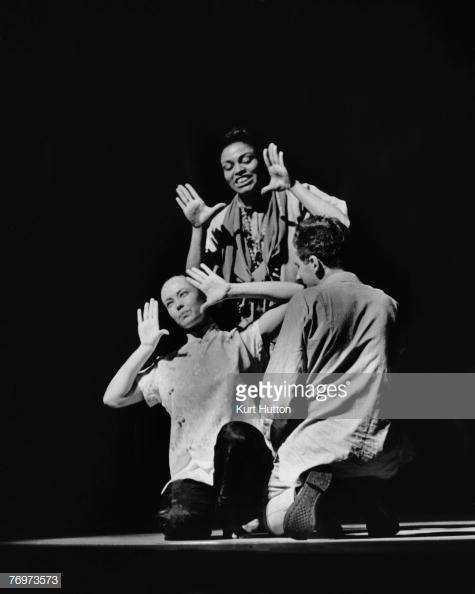
at the Drury Lane Theatre, London, 1951. Photo by Kurt Hutton
Richard Rodgers, Oscar Hammerstein II: Something Wonderful (The King and I). Original London Cast recording.
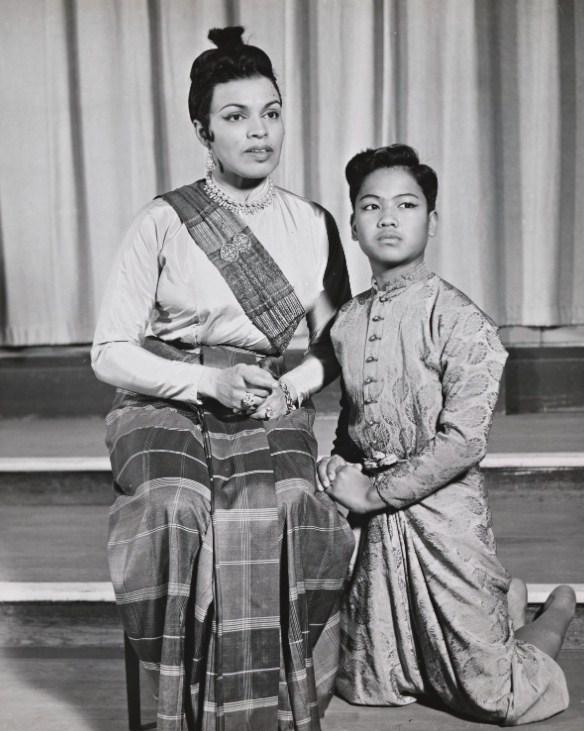
Harry Noble: Hold Me, Thrill Me, Kiss Me. Muriel Smith with Wally Stott and His Orchestra. Philips single P.B. 122 (1953).
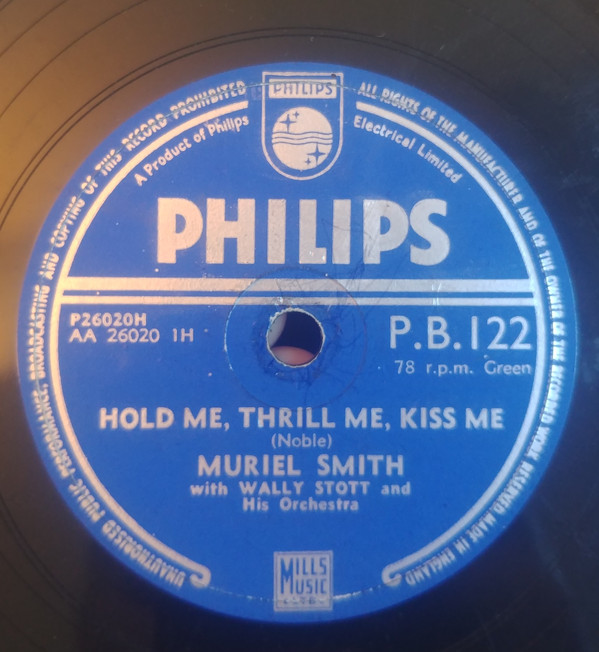

Louis “Loulou” Gasté, Géo Koger, Sonny Miller: I’d Love to Fall Asleep (And Wake Up In Your Arms). Here’s our old friend Loulou Gasté again, the one from whom Morris Albert stole the song “Feelings.” Here are least he gets proper credit, The French version of the song is entitled “Le Soir.” The English words are by Sonny Miller. It is the B-side of “Hold Me, Thrill Me, Kiss Me” above.
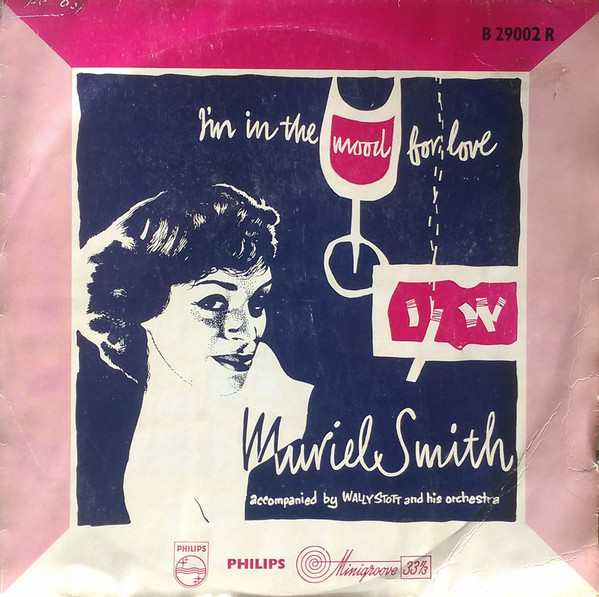
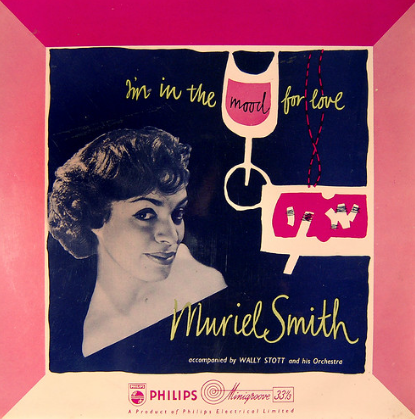
Jimmy McHugh, Dorothy Fields: I’m in the Mood for Love. Muriel Smith with Wally Stott and His Orchestra. From I’m in the Mood for Love, Philips Records BBR 8000 (1953). I’m on the lookout for this extremely rare record!
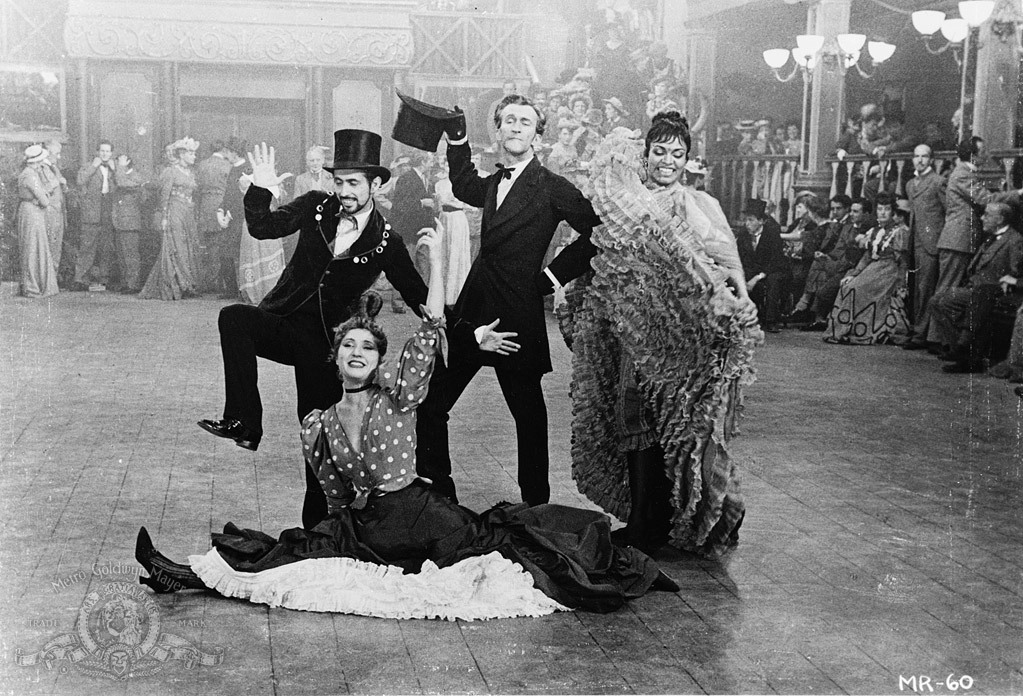
Georges Auric, Jacques Larue, Paul Dehn: It’s April Again (aka The Song from Moulin Rouge). Muriel Smith as the voice of Zsa Zsa Gabor playing Jane Avril. The familiar tune is here sung to the words “It’s April Again,” the original French lyric of which is by Jacques Larue; Paul Dehn did the English version. Music direction is by Lambert Williamson. Though Zsa Zsa Gabor does not do a very good job of lip synching, Smith modulates her tone and assumes a very convincing French accent to provide the perfect vocal embodiment of Jane Avril.
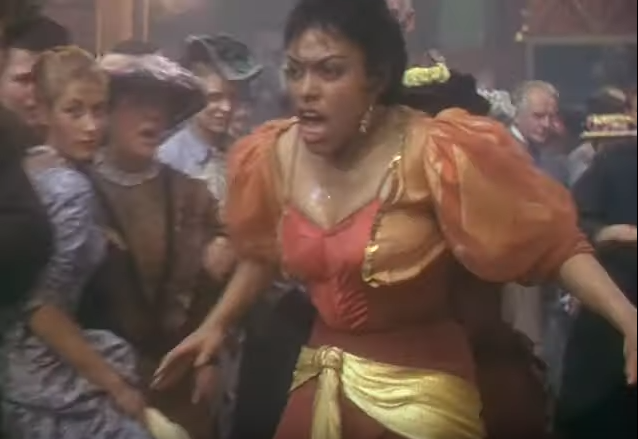
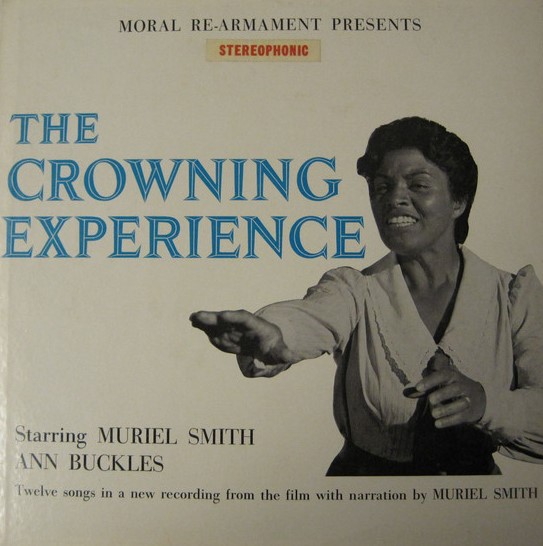
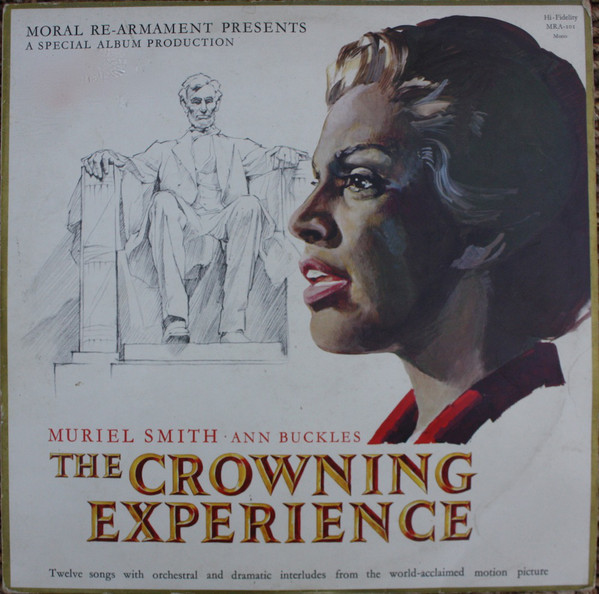
George Fraser, Alan Thornhill: Wade Out, From the soundtrack toThe Crowning Experience, Capitol Records Custom/Moral Re-Armament MRA – 101 (1960).
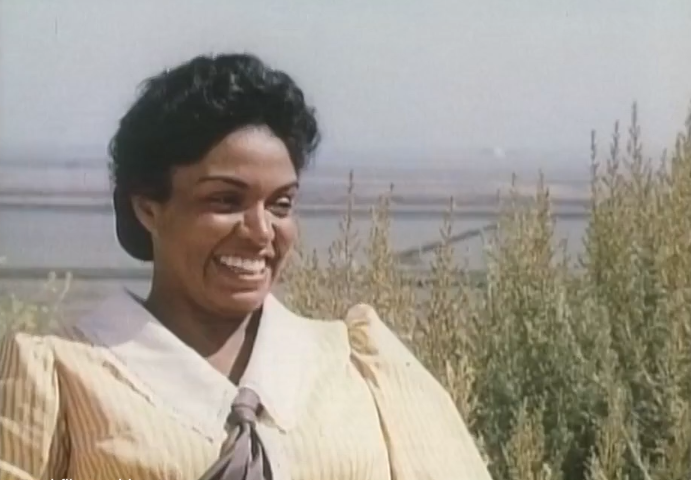
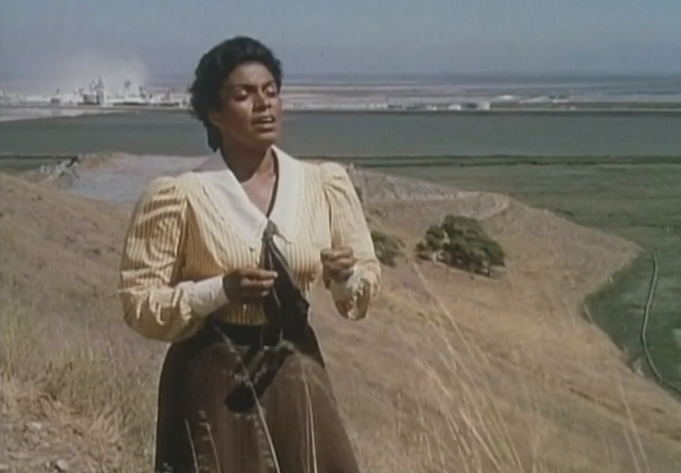

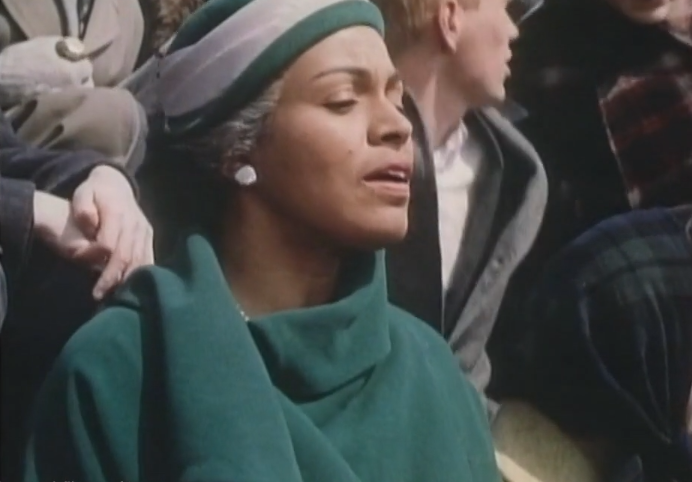
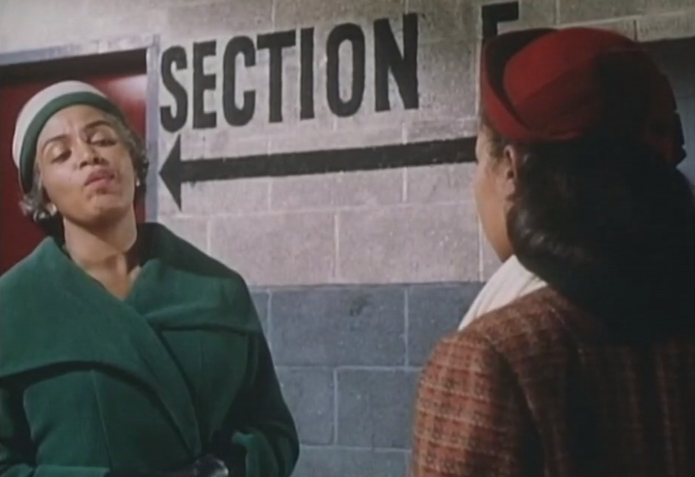
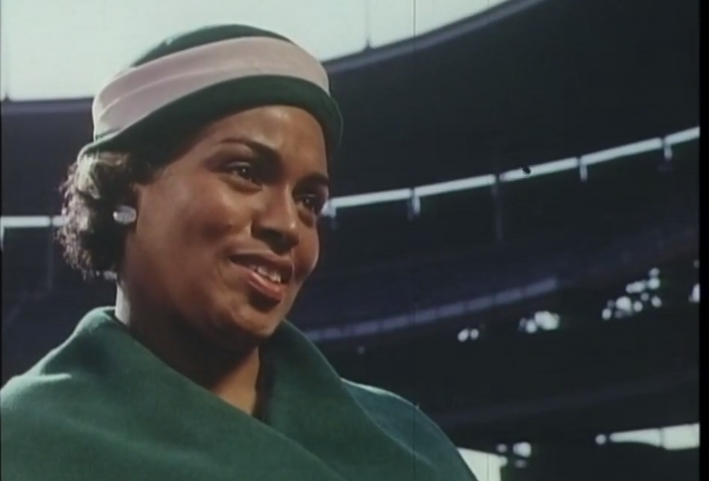
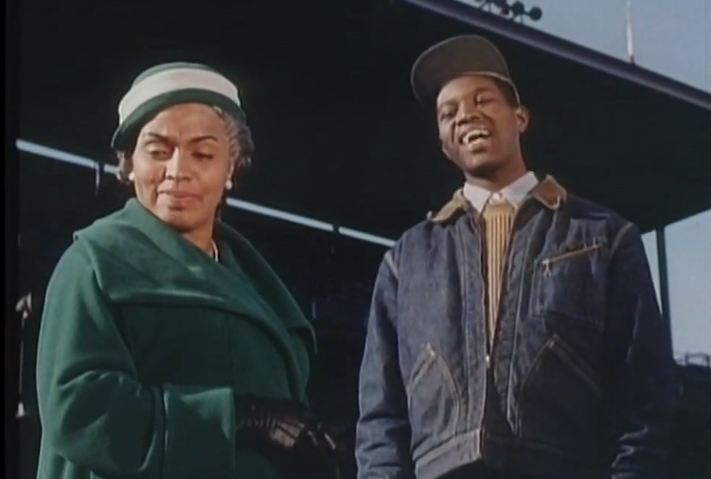
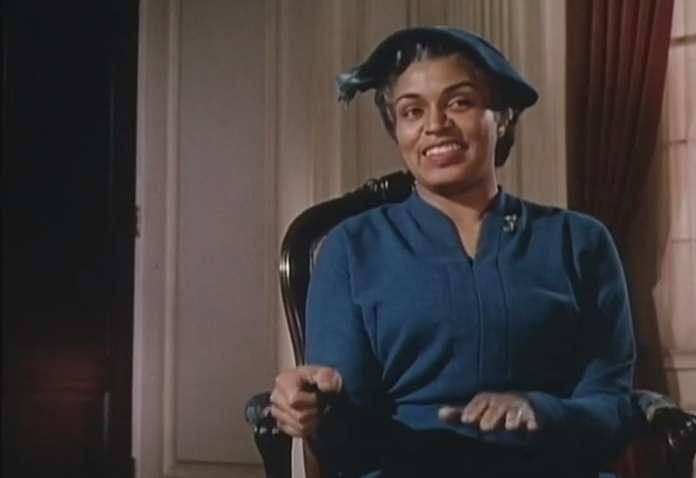

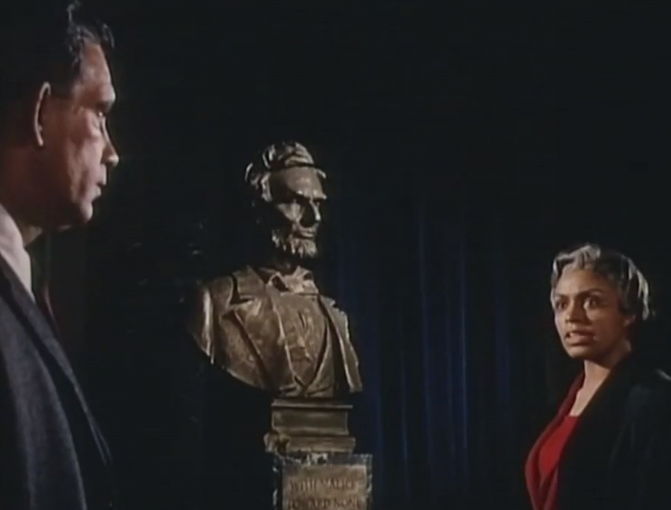
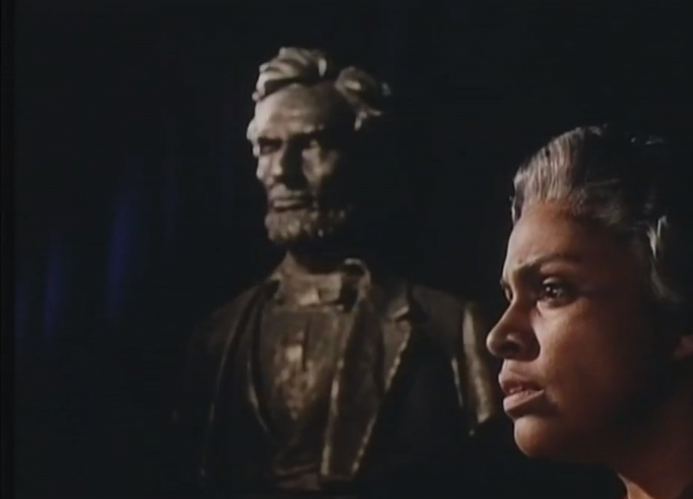

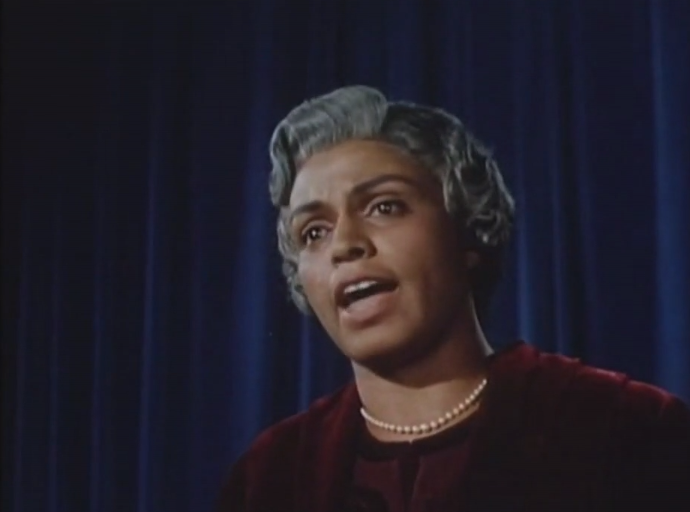

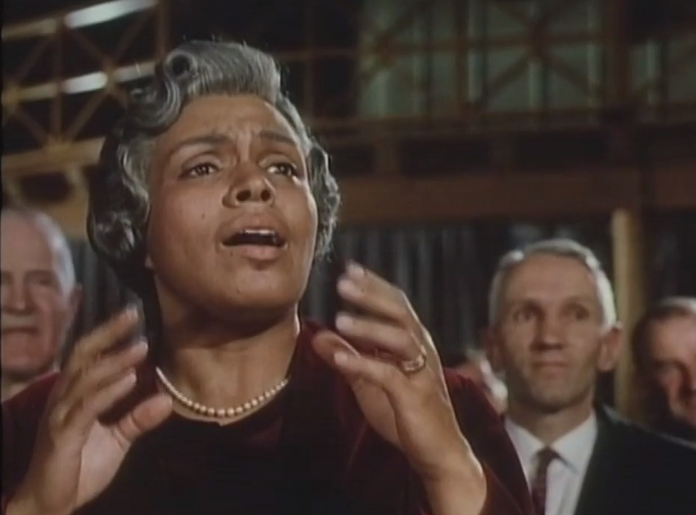
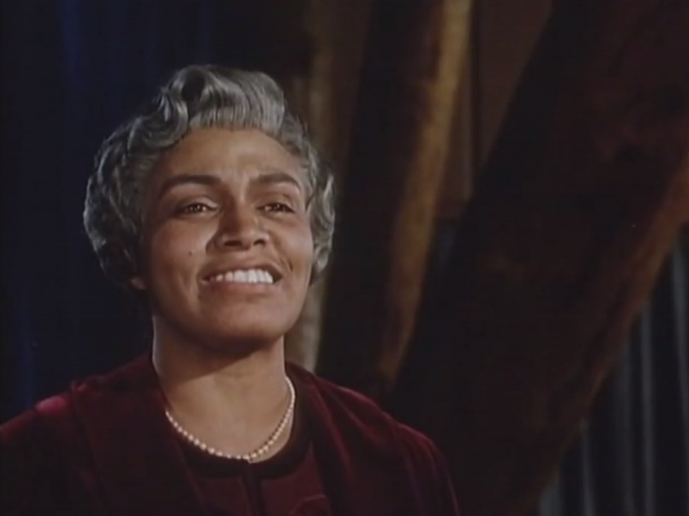

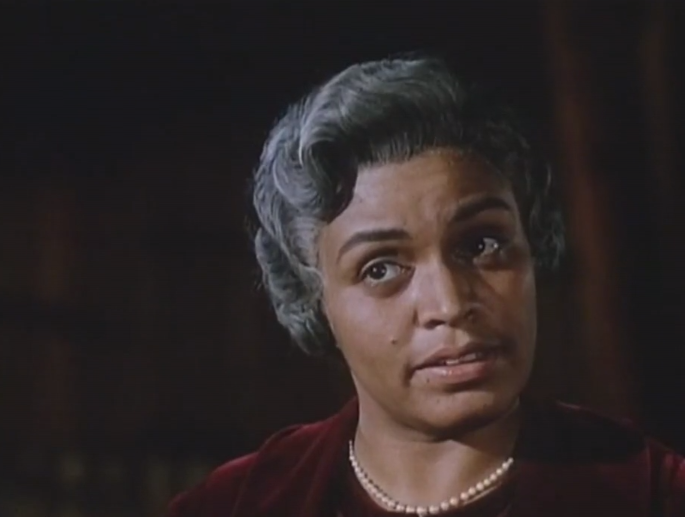
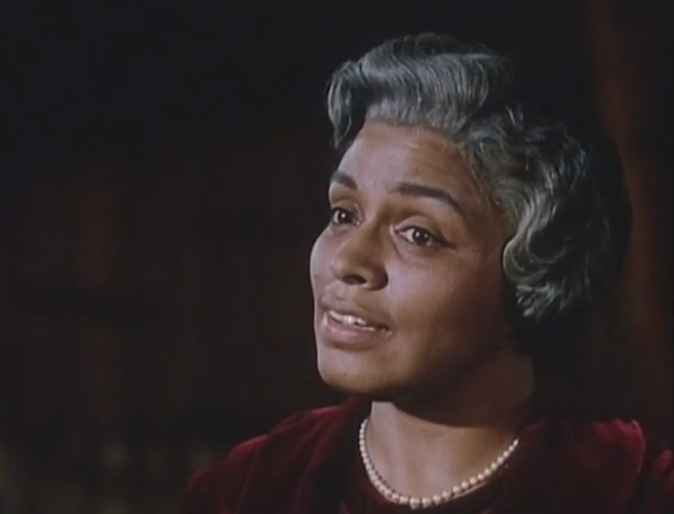

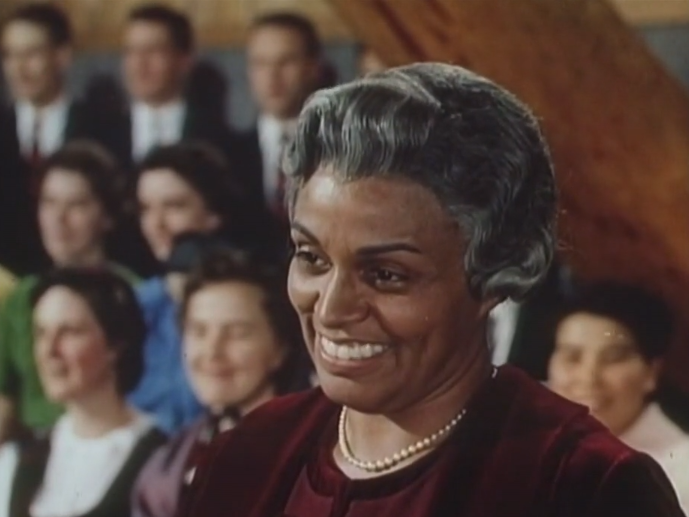
From Muriel Smith Sings Negro Spirituals:
Traditional, arr. Harry Burleigh: Weepin’ Mary
Traditional, arr. Hall Johnson: Honor, Honor
Traditional, arr. Harry Burleigh: Nobody Knows the Trouble I’ve Seen
Traditional, arr. Lawrence Brown: Swing Low, Sweet Chariot
